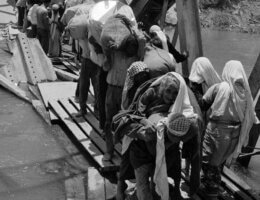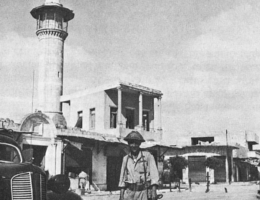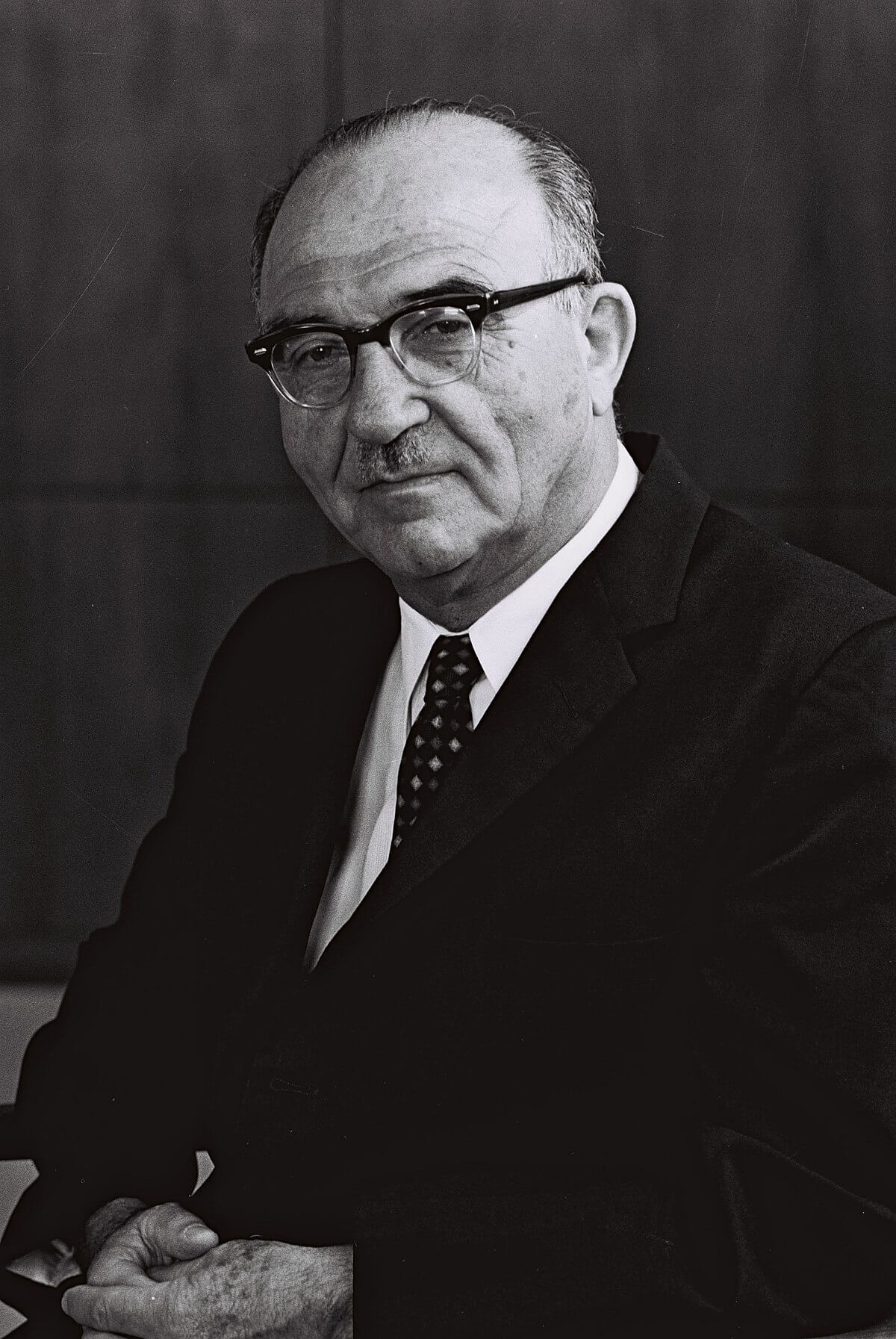If the Nakba was the catastrophe that laid the foundation for Israel’s settler colonial state, the Naksa was the defeat that finished the job, setting off a chain of events that has come to define the reality on the ground in occupied Palestine over the past 56 years.
As the son of a general who participated in the Nakba in 1948 and the Naksa in 1967, Miko Peled thought he knew Israeli history. But when he finally met Palestinians and heard their stories of Zionist atrocities he was shocked to learn the truth.
Even now, 25 years after the assassination, the majority of the Israeli center and left cannot divest itself of the Oslo Accords and of the chimera of a two-states solution. They are, after all, sacred. They are what Oseh Shalom Bimromaiv planned. Any attempts to deviate from it is denying scripture. And so the devotees of Oslo and Rabin become the equivalent of monks, dead to the world and singing the sacred hymns. The divine plan has long lost any connection to reality, but anyone challenging it quickly becomes anathema.
Israeli leaders were not only contemplating ethnic cleansing, but also Genocide, according to declassified governmental minutes from 1967. Labor politicians were obsessed with the fear that the 1.4 million Palestinians in the territories they had seized would overwhelm the state’s Jewish majority one day. And these liberal Zionists encouraged the settlements, too.
The commemoration of the Six-Day War that resulted in the fifty-year occupation is a solemn moment to reflect on the magnitude of the dispossession of the Palestinian people, the multitude of daily indignities of life under occupation, and the relentless violence of Israel’s military against a defenseless imprisoned people. But to some liberal Zionists, like Israeli historian Gershom Gorenberg, the focus only seems to be about how “the occupation” hurts Israel.
Memoirs by American Jews reveal that the 1967 war revolutionized Jewish life: even leftwingers like Joel Kovel were initially swept up in the fear for Israel and excitement over its victory, but those fears helped produce the most powerful force in American Jewish life since: the neoconservatives who, inflamed by memories of the Holocaust, vowed to support Israel in the face of an indifferent world.
Khalid Saifi was only ten years old when the 1967 war happened. Much of his memories come in bits and pieces, but some moments will stick with him for the rest of his life. Khalid’s father, a refugee who fled from al-Walaja village in 1948, refused to flee yet again, however Khalid’s mother was adamant she get her two youngest children, Khalid and his little sister, out of harm’s way. “My mother decided to stay longer at the crossroads with me and my little sister, so we stood there in the middle of the intersection and watched my two sisters and their husbands walking away in opposite directions for a long while,” Khalid remembers. “My mother stood there watching them. I remember that image so clearly — her standing there watching my sisters walk and walk off into the distance.”
The Six Day War, 50 years ago, was a walkover, Norman Finkelstein relates. It lasted closer to six minutes than six days. But it had a stunning effect on American Jewish identity. Jews went from nebbishes to martial heroes.









